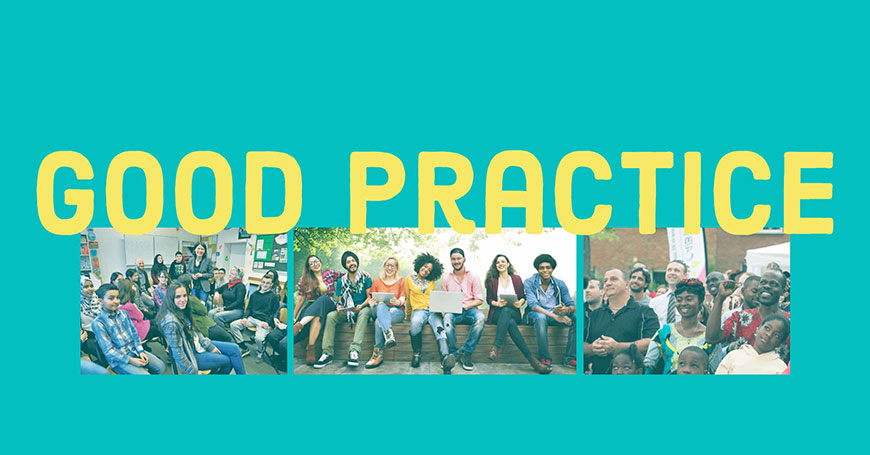Intercultural cities: good practice examples

The first step is the adoption (and implementation) of strategies that facilitate positive intercultural encounters and exchanges, and promote equal and active participation of residents and communities in the development of the city, thus responding to the needs of a diverse population. The Intercultural integration policy model is based on extensive research evidence, on a range of international legal instruments, and on the collective input of the cities member of the Intercultural Cities programme that share their good practice examples on how to better manage diversity, address possible conflicts, and benefit from the diversity advantage.
This section offers examples of intercultural approaches that facilitate the development and implementation of intercultural strategies.
Salisbury’s effective measures to combat discrimination
Purpose: The Australian City of Salisbury adopted “The Fair Treatment Policy” and signed the “Refugee Welcome Zone Declaration” Process: The City Council adopted a policy called “The Fair Treatment...
Reconciliation Action Plan
Purpose: Raising awareness about reconciliation, demonstrating commitment and raising the profile of reconciliation in the community. Process: The City of Ballarat have developed and Innovative...
Intercultural Ambassadors
Purpose: A unique festival to encourage its citizens to meet and get to know each other Stimulus/Rationale: The Intercultural Ambassador Program aims to enhance community awareness and social...


